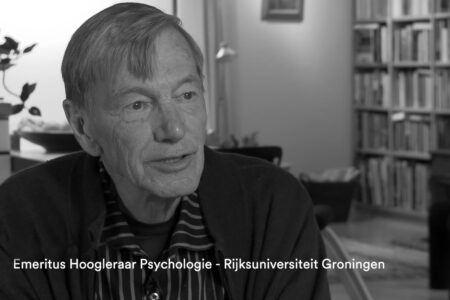Why your Christmas gifts were disappointing
What disappointing Christmas gifts can tell us about the nature of the human mind.
Children
As children, we find few things more exhilarating than the unbridled excitement of opening a beautifully wrapped gift. I always used to rip the wrapping paper right off. Overwhelmed by infinite possibilities of what this gift could be, my brain didn’t even register my mother’s comments about unwrapping it slowly so we could use the paper again. But then, sometimes, the unimaginable happened: the wrapper, finally overwhelmed by my onslaught of ripping and tugging, revealed a gift I didn’t wish for. In an instant my excitement gave way to all-encompassing disappointment. As a child I didn’t have the cognitive empathy or inhibition to hide my feelings. I just hope grandma never noticed.
Expectations
Why can children, and even our mature adult selves, get so disappointed about receiving a gift we didn’t wish for? And how can the answer to this question reveal a deep and fundamental truth about how our brains work? There are many possible reasons for this, but I want to highlight one in particular: expectations. The kind of gift you are expecting has a huge influence on your reaction to a present. In more scientific terms, your brain had a model of the world with certain predictions. One of these predictions was the kind of present you would receive. When this prediction (or expectation) was violated, your brain noticed the issue (what we call a prediction error).
Your brain as a prediction machine
So what? Why should this tell us anything interesting about the nature of the human mind? Because this singular moment of childish disappointment grants us a sliver of a view into the fundamental purpose of our minds. Have you ever asked yourself what brains are actually for? Well, if you had asked a neuroscientist a few decades ago, they could have told you something about perceiving sensory information, and the importance of motor control, but in reality we didn’t really know. Today, we might have found the actual answer. Your brain is primarily a prediction machine.
Feedback loops
Our brains do one thing above all else: they use past experiences and internal physiological states to predict what is going to happen next. Far from being biological computers, perfectly storing sensory information, our brains are built for predictions. Weird fact: there are about ten times as many neurons (brain cells) going from the visual center of our brain back to the eyes than the other way around. Think about this! Our brain is using 90% of its bandwidth for feedback loops (necessary for predictions), and only 10% for actually transmitting sensory input to your brain. Many other phenomena can be understood through the lens of prediction: the placebo effect, hallucinations, mindfulness meditation, LSD trips, and maybe even autism spectrum disorder. Perhaps it is most clearly noticeable in our day-to-day lives when we’re walking down the street and all of a sudden trip over some rogue cobble stone. This moment reveals that we’re normally walking at a pace and with a confidence that comes from our brain unconsciously predicting every next step. The moment our predictions are off (and we trip), our brain forces all our attention to the cause of this prediction error. We are ripped out of our thoughts about dinner, or something annoying our spouse has said, and are forced to notice this menacing cobble stone. Without us even noticing, our world is ruled by our predictions of it.
By looking a bit more closely at why we can get so disappointed by a gift we didn’t wish for, we can begin to answer one of the oldest question in science. What is the purpose of the brain? Perhaps even more than that, we find a beautifully simple explanation of why we sometimes get angry if things don’t go as planned. And that knowledge is probably worth a disappointing gift or two.
PS: If you want to learn more about your brain and its emotions I highly recommend Lisa Feldman Barrett’s book How emotions are made.




